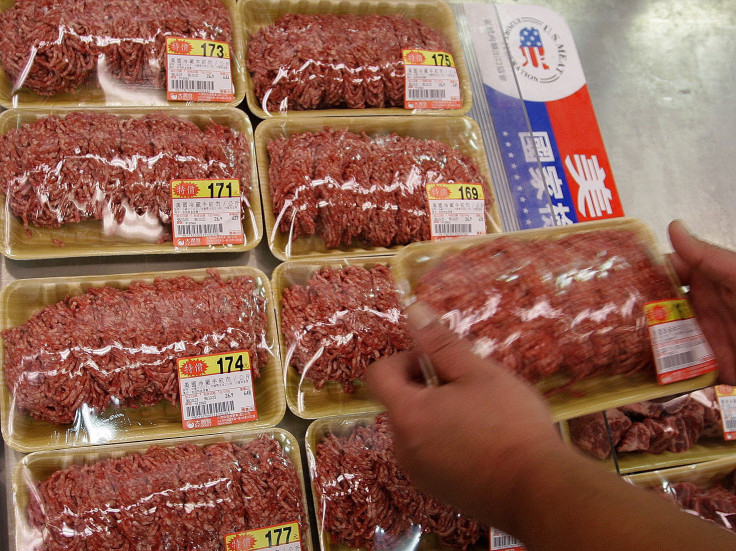Canadian Beef Now Banned In Five Countries

Apart from South Korea, four more countries have placed bans on importing beef sourced from Canada due to the confirmed case of bovine spongiform encephalopathy (BSE) or mad cow disease. The countries are China, Peru, Belarus and Taiwan. Indonesia implemented temporary restrictions on some non-edible meat products.
Although they are not major importers, potential earnings from their imports are still lost opportunities. “It doesn’t matter who joins the list, we still wouldn’t be happy about it,” Veryln Olsen, Agriculture and Rural Development Minister told Global News. Still, he said they still have yet to receive word if the country’s major trading partners would ever release bans against Canadian beef.
Canada’s primary importers of its beef are U.S., Mexico and Hong Kong. Together, they account for 87 percent of Canada’s $1.9-billion a year beef industry. “Our biggest trading partners seem very solid,” Olson said. “The U.S. and Mexico and Japan are solidly on board, so that gives us some confidence.” Hong Kong, he said, purchases $172.5 million beef each year in Alberta. It is Alberta’s second-largest trading partner.
The case of mad cow disease now going among Canadian partners stemmed from a beef from Alberta. But Federal Agriculture Minister Gerry Ritz remained optimistic Canada's international beef trade will not be greatly hampered because the country works under stringent international protocols. The Canadian Food Inspection Agency assured consumers both domestic and international no part of the animal's carcass entered the human food or animal feed systems.
The recent confirmation was Canada's first case since 2011. The country’s first known case was discovered in 1993 in a cow, imported from Britain, still from a farm in Alberta.
The beef cow that tested positive for the BSE was actually the second on the farm near Spruce Grove, located just outside of Edmonton. The Canadian Food Inspection Agency said the farm’s first case of BSE was in 2010.
"The focus of our investigation will include consideration of whether there was non-compliance with the 2007 feed regime," Dr Martine Dubuc, a CFIA official, was quoted by CBC News. Canada had implemented new rules on feed formulas in 2007 to restrict ingredients unsuitable for ruminants.





















